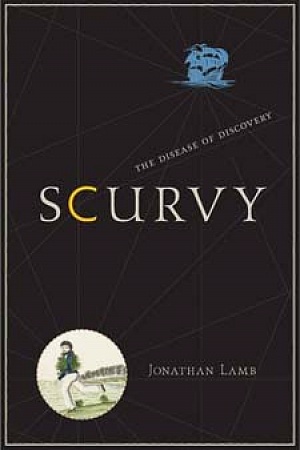Letters
From Denis Altman
Dear Editor,
I suspect I’m the ‘(male) baby boomer academic who should have known better’ referred to by Delia Falconer in her piece in the Gangland symposium (ABR, November 1997). I have an unfortunately hazy memory of the event, but I certainly don’t assume a common age and education makes for ‘the same ideological viewpoint’: if it did I would have far more in common with some of the current government than I do. As I recall I was struck by a common language – fairly academic – which all three writers deployed, despite some very clear differences in their positions.
Oedipal politics is a useful device which each generation reinvents to attack those both older and younger. (I have memories of Coral Bell et al. dismissing the student movements of the 1960s in these terms.) The more serious point made by Mark Davis – that there are relatively few gatekeepers of those seen as important intellectual figures – should not get lost in an orgy of blaming people for belonging to the ‘wrong’ generation (that is, any except that of the writer’s own).
Dennis Altman, La Trobe University, Bundoora
From Jill Mather
Dear Editor,
No doubt the article, ‘The Role of the Critic’ by Brian Castro (ABR, November 1997), will cause itching in uncomfortable places.
The implied hospitalisation of the ‘walking wounded’ will doubtless continue in epidemic proportions as long as we, the Australian writing public, fester in silence, brooding darkly on the unfairnesss of the so-called democratic tongue-lashings served up by the literati cognoscenti!
The word ‘critique’ implies an invited criticism, does it not? The word ‘review’ invites a ‘survey or inspection’ and discussion may follow as a result of this. The burden of responsibility (so aptly written by Mr Castro) is the quality of leadership. The reputation of the reviewer and critic hangs tenaciously off the coat-tails of leadership. Too often blemished by blatant evasion, social, political, or commercial implications. (After all, who is going to give a well-known writer a rotten review?) Yet writers in the past have suffered dreadfully – why not now?
Yes, reviewers and critics (in the main) huddle together. It seems fashionable to do so, ladling on the schmaltz and actively encouraging poor writing. Some even praise it – tainted by modernism and grunge. Dare I say it – they seek public endorsement by veneration at the shrine of the favoured few and are polluted by it.
The ego of these writers is sustained by adulation and it would seem that the primary function of the reviewer/critic is the chatter about often second-rate works. I am sure there are armies of new writers out there who are steadfastly ignored. They have a hard time of it. Australia is not known to encourage new talent – much better to foster the known. It’s more commercially viable. Ask any publisher!
While this situation remains unchecked nothing will change. Reviewers and critics will continue to plump their pillows and write exactly what leaders want them to.
While the media encourages and employs these people they will continue to be fearful of their own position both socially and commercially. Professional bias is a contagious disease. Therefore one must ask should they indeed be employed to do such work?
Yes, Mr Castro, there is definitely a desperate need for an honest critic. This person would need to be all the things you state and not financially dependent on the media. No doubt there have been brave souls who tried to do the right thing and became strangled in the process. Such is the fate of the martyr.
Jill Mather, Wyong, NSW
From Maurilia Meehan
Dear Editor,
I notice with interest the discussion in your pages recently of the role of the reviewer. May I suggest, in the spirit of the new year, a light-hearted competition?
As you will know, the English Literary Review runs an annual competition called the Bad Sex Award, where readers nominate the worst purple passage pf the year. How about two awards for reviewers, voted for each year by ABR readers?
The first would be ‘The Pearls Before Swine Award’, for the reviewer who wrote the most insensitive review of a commendable book – on of those bull-in-a-china-shop reviews which totally miss the point. (Last year there were at least two like this about Delia Falconer’s novel, The Service of Clouds.)
The second would be ‘The Emperor’s New Clothes Award’ for the reviewer who most sycophantically and lickspittingly attempts to defend a tired old/keen-to-please young writer’s latest underwritten fragment as a major and revolutionary work which will change culture as we know it forever. (Too many exampled around to select just one.)
I hope this amusing and democratic competition takes your fancy.
Maurilia Meehan, Fairfield, Vic.














Leave a comment
If you are an ABR subscriber, you will need to sign in to post a comment.
If you have forgotten your sign in details, or if you receive an error message when trying to submit your comment, please email your comment (and the name of the article to which it relates) to ABR Comments. We will review your comment and, subject to approval, we will post it under your name.
Please note that all comments must be approved by ABR and comply with our Terms & Conditions.